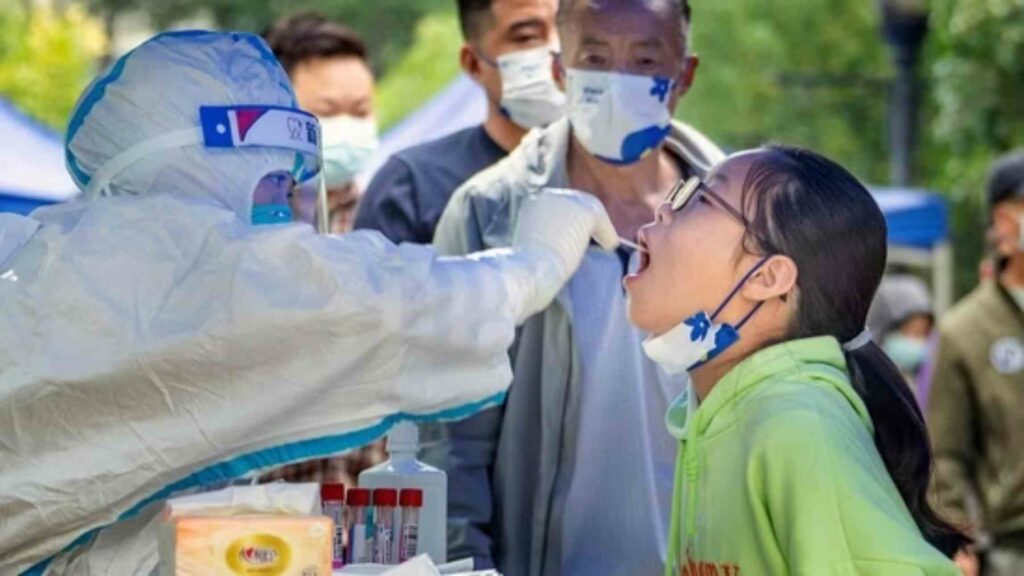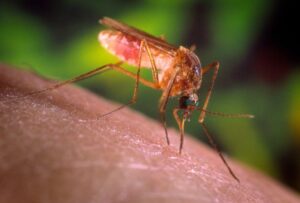Researchers assert that since Covid, there has been an unusual rise in the number of children and adolescents diagnosed with type 1 diabetes worldwide.
More than 38,000 young people who were diagnosed during the pandemic were the subject of a new study published in the JAMA Network Open journal that compiled data from a variety of nations, including the United Kingdom.
The creators portray the expansion in instances of diabetes as “significant”.
They assert that additional research is required to comprehend the reason for the rise.
A portion of the ascent could be credited to make up for lost time – from overabundances and deferrals when wellbeing administrations were closed – yet doesn’t make sense of every one of the recently analyzed cases, say researchers.
The incidence rate of type 1 diabetes in children was already rising by about 3% annually prior to the pandemic.
A recent study revealed:
there was a 14% ascent in the rate during the primary year of the pandemic, contrasted with before Coronavirus
in the second year of Coronavirus, the rate was up around 27% on pre-pandemic levels
Scientists from the College of Toronto express, no matter what the reason, more assets and support might be required for the developing number of kids and youths impacted by type 1 diabetes.
What is diabetes type 1?
Because the body’s immune system mistakenly destroys insulin-producing cells in the pancreas, people with the condition must closely monitor their blood sugar levels and take insulin to control it. This happens to both children and adults, but the causes are unknown and there is currently no cure. What’s driving the rise?
There are a few theories, but experts say there is no clear explanation for the increase in cases.
One such theory is that Covid might cause some children to react in a way that makes them more likely to get diabetes. However, not all of the studies investigating this kind of autoimmune reaction, in which the body begins to attack some of its own healthy cells, have discovered evidence to support this theory.
Another possibility is that childhood contact with certain germs can protect against diabetes and other diseases. A few researchers accept it is conceivable that lockdowns and physical removing during Coronavirus implied numerous youngsters didn’t get adequate openness to microbes and passed up this extra insurance.
The charity JDRFUK’s Policy Director, Hilary Nathan, stated: Many families in the UK have faced a life-altering reality thanks to this study.”
She advised people to watch for the following signs of type 1 diabetes: sluggishness, thirst, expecting to go to the latrine to pee more regularly, and weight reduction or expanding slenderness – altogether known as the four Ts.
She stated, “Knowing these signs, getting an early diagnosis, and getting quick treatment can be life-saving.”
A year ago, Theo, now 9, was diagnosed with type 1 diabetes. It occurred shortly after he discovered Covid. Jo, his mother, says it surprised her: I knew nothing about diabetes.
Because he wasn’t sick, I thought the diagnosis was wrong. We were extremely fortunate to catch it early.
“You’re attempting to deal with that your kid’s going through this. To keep them alive, you are being taught all these scientific facts about the condition. You are aware that there will be severe consequences if you do not comply.”
Theo, who now has an insulin pump and lives in Sheffield, is doing well with his diabetes.
Dr. Faye Riley of Diabetes UK stated, ” Artificial pancreas recommended on NHS Sniffer dog smells blood sugar levels ” Research overall has distinguished surprisingly large quantities of diabetes analyze directly following the Coronavirus pandemic. This study adds to the proof.
“To separate the impact of the pandemic from natural fluctuations in type 1 incidence over time, as well as to establish the range of factors that could be behind any apparent rise, future studies that examine longer-term trends will be important.”
Disclaimer: The views, suggestions, and opinions expressed here are the sole responsibility of the experts. No Idea Scope Analytics journalist was involved in the writing and production of this article.




